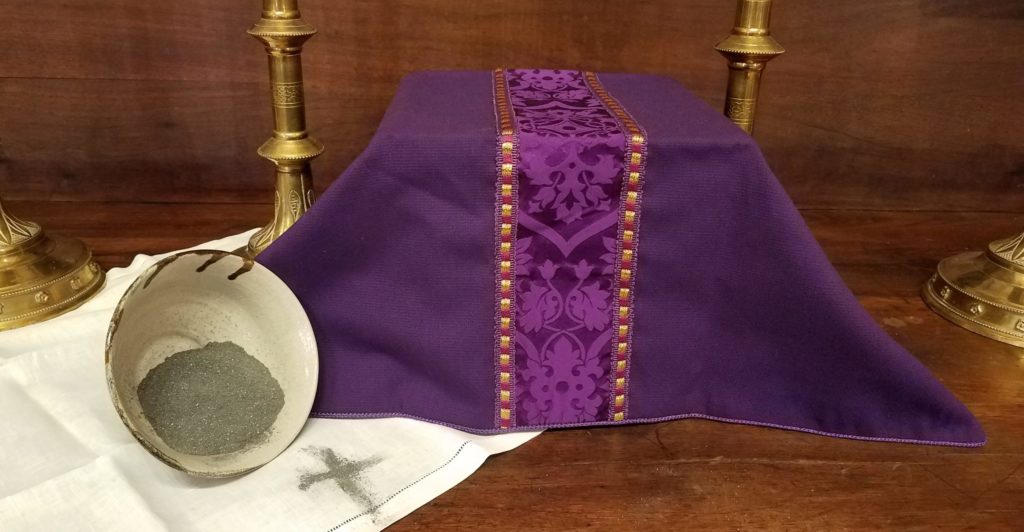Isaiah 65:17-25
By: Zack Nyein

I grew up in the buckle of the Bible Belt. The first time I heard about the gift of prophecy was in 1999. I was in the fifth grade, and my neighbors up the street were building a bunker for the apocalypse. The end was near, and we needed to get ready!
I remember bracing myself as we rang in Y2K, convinced that it was all over. After nothing happened, I feared I’d been “left behind!” I wasn’t sure what to think about the gift of prophecy after that, but I knew it wasn’t for me.
As a teenager, I began to hear a lot of talk in my own denomination, The Episcopal Church, about our task of being “prophetic.” That word was often used to describe the passionate voices in our Church who witnessed to the baptismal imperatives of equality, justice, peace, and dignity in our common life.
So I was pretty confused. What exactly was prophecy, I wondered? Was it fortune-telling? Advocacy? Judgement? Preaching? I have recently clung to this simple definition by my friend, The Rev. Susanna Metz: “Prophecy is looking around at what’s going on, and having the courage to tell others what you see.” I like that.
However, as I examine scripture, prophecy isn’t necessarily something I would wish upon anyone. After all, “no prophet is accepted in the prophet’s hometown” (Luke 4:24), and in just a few weeks we will participate in the crucifixion of our Lord himself in Jerusalem, “the city that kills the prophets” (Luke 13:34). It takes courage to tell others what we see, and sometimes it comes with a cost.
Of course, it often takes just as much courage to hear what others see. Their prophecies might offend our sense of privilege. The implications of their visions could upset the status quo. Do you remember the story of Eldad and Medad? When Moses called a council of seventy to assist him in feeding the masses in the wilderness, some of the seventy became jealous when they found out that the spirit had also landed on two outside their group – none other than good ol’ Eldad and Medad, the renegade prophets who were prophesying in the camp!
“But wait, they’re not one of us!” “They’re not ‘chosen’ ones!” “What gives them the right?” How often do our own power plays and politics at work, school, or even church yield these same rumblings and questions in our hearts? And yet, we hear Moses’ steadfast response: “Would that all the Lord’s people be prophets, and that the Lord would put God’s spirit on them!” (Numbers 11:29b)
The beautiful thing about the gift of prophecy is that it happens in community. It is equally as difficult to hear as it is to tell; to speak the deep truths within us takes courage and vulnerability. To truly hear what others see opens up the terrifying possibility that what we see might be changed in the process, too. It just might mean the end of our world as we know it. The Good News is that no one gets left behind!
Anoint us prophets! Teach us your intent:
to human need our quickened hearts awake;
fill us with power, our lips make eloquent
for righteousness that shall all evil break. Amen.
(The Hymnal 1982, #359, stanza 2)
